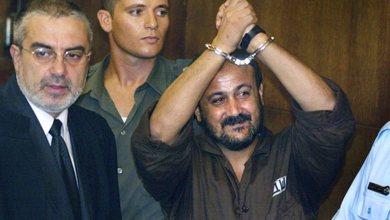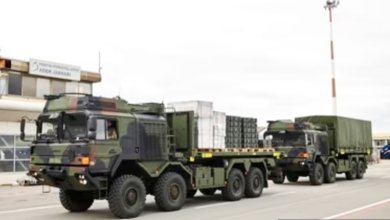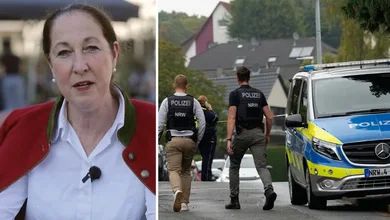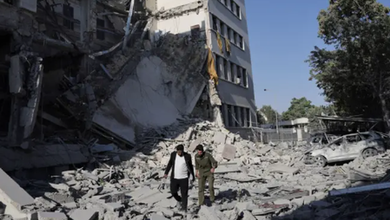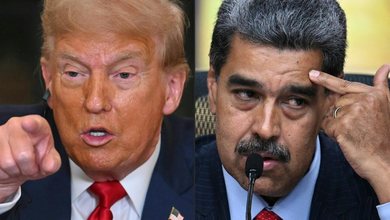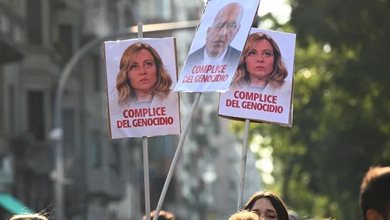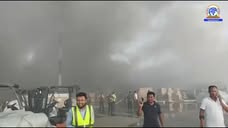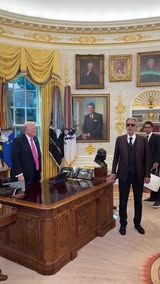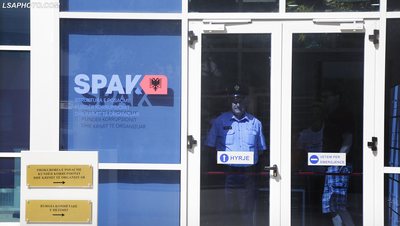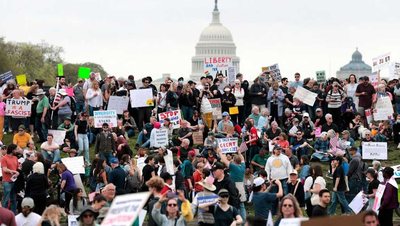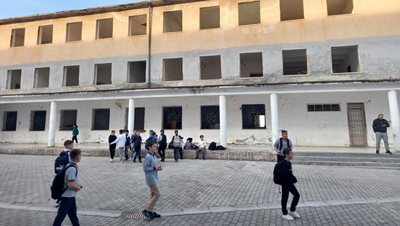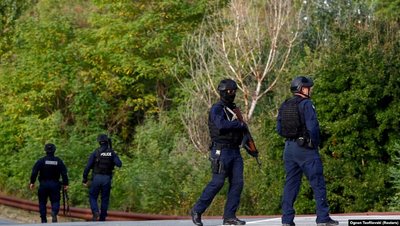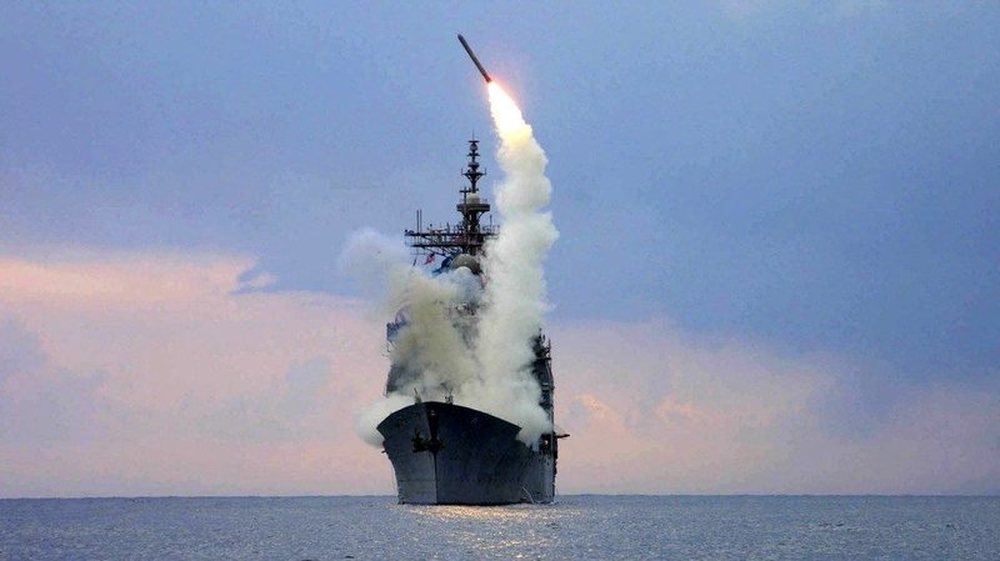
Tensions between Moscow and Washington have reached another critical point, as Russia is signaling the possibility of deploying medium-range missiles in Cuba and Venezuela — a warning that evokes memories of the 1962 missile crisis. The development comes at a time when the US is considering transferring Tomahawk missiles to Ukraine, sparking fears of a new global escalation. The Russian Federation Council has ratified the military cooperation agreement with Cuba, which was signed in March this year in Havana and Moscow. The new document significantly expands the framework of cooperation between the two countries and, according to analysts, paves the way for the deployment of any type of attack system on Cuban territory — including medium-range missiles. The development is seen by observers as a direct message to the United States, which is preparing to send Tomahawk missiles to Ukraine, a step that Moscow considers a “strategic provocation.”
The memory of the 1962 crisis
This is not the first time that Cuba has become the center of a war of nerves between the two superpowers. After the Cuban Revolution and the failed Bay of Pigs invasion, the Soviet Union installed nuclear missiles on the island in an attempt to balance military power with the United States. At the time, the Soviet R-12 and R-14 missile systems were capable of striking most of the American mainland, bringing the world to the brink of a nuclear war that lasted from October 22 to 28, 1962. It seems that the Kremlin is now seeking to repeat the scenario: President Vladimir Putin is using the threat of missiles to stop the White House — and personally Donald Trump — from sending new strategic weapons to Ukraine.
Venezuela and Cuba in Moscow's orbit
Russia is also deepening cooperation with Venezuela, which is ruled by authoritarian President Nicolás Maduro, a declared ally of Putin. Relations between Caracas and Washington are openly tense, while the Trump administration has warned of actions against drug cartels operating on Venezuelan territory. On the other hand, Cuba has never completely broken away from Russian influence. According to independent sources, about 25 thousand Cubans are expected to be sent to join the Russian army in Ukraine as mercenaries. Analysts believe that the Kremlin will reward Cuba for this assistance with military supplies, investment and perhaps even the deployment of Russian missiles on its territory — a move that would be seen as an open challenge to the United States.
The “reflective control” strategy
According to a report by the Institute for the Study of War (ISW), Moscow is conducting a so-called “reflective control” campaign, which aims to influence American decision-making through fear and uncertainty. This tactic consists of sending disinformation or threatening signals, with the aim of causing the adversary to restrain its own actions. In this case, Russia is trying to prevent the US from supplying Ukraine with Tomahawk missiles, portraying this move as a “dangerous escalation” that could lead to a direct clash between the two nuclear powers. ISW notes that the Kremlin has used the same strategy before, to delay or stop deliveries of Western weapons such as HIMARS missiles, ATACMS, F-16s and Abrams tanks. In many cases, such campaigns have delayed weapons deliveries, giving Moscow a military advantage on the battlefield.
Russian President Vladimir Putin has publicly warned against any transfer of Tomahawk missiles to Ukraine, calling it an “action that could change the strategic balance.” The missiles, which have a range of over 2,500 kilometers and can carry conventional or nuclear warheads, are designed for precision strikes from great distances. Although their delivery to Ukraine could take months, the mere fact that they are part of the supply plan is enough to provoke a strong reaction from Moscow. According to reports in The Guardian, even if the Tomahawk missiles never leave their launchers, their presence in Ukraine will have an immediate psychological and strategic effect on the Kremlin, forcing Russia to review all its military plans.
A new "cold war" on the horizon?
If Russian threats to deploy missiles in Cuba and Venezuela materialize, the world could face its most serious security crisis since the end of the Cold War. For many analysts, this is a clear signal of Putin’s strategy to use the fear of nuclear escalation as a means of pressure on the West. On the other hand, the United States faces the dilemma of whether to continue its unlimited support for Ukraine, or avoid the risk of a direct clash with Russia. In any case, Cuba and Venezuela are returning to the center of the geopolitical scene – as flashpoints of a new conflict that could bring back the shadows of 1962, this time in the 21st century version.


